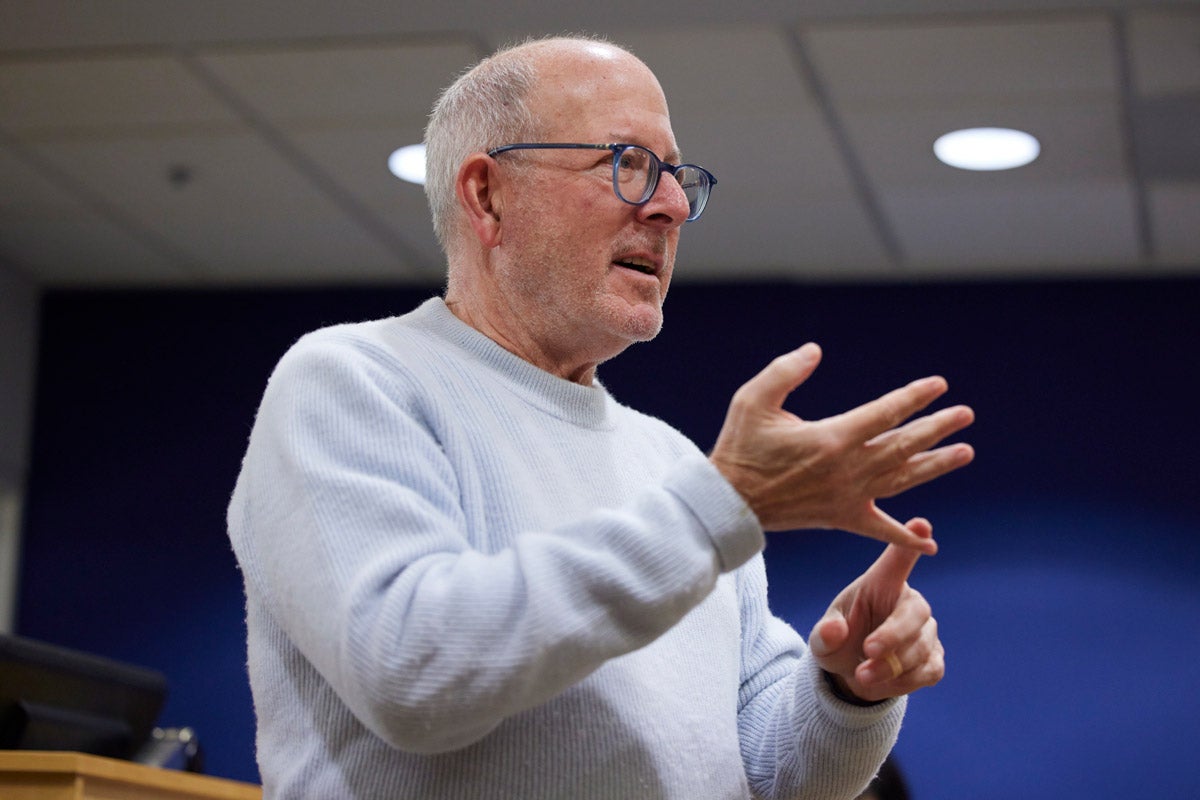
Opinion
Why every campus should have a student director of public health
When I graduated from high school, I saw college as a place where I would make all of my own choices, the beginning of adulthood. However, I quickly learned that the new freedom of college brings challenges to both mental and physical health.
College students have to adjust to living with strangers, an exceptionally fertile environment for the common cold and other illnesses, and the all-too-real problem of food insecurity, all while dealing with intense academic expectations. Even the most caring university administrators struggle to meet the health needs of hundreds—or in the case of my school, tens of thousands—of young adults.
Colleges need to learn from students. In particular, more universities should establish student public health director positions.
I served as the student body director of public health last academic year at the University of California, San Diego, and am currently re-applying for the position this year. As an active member of the UCSD student government—the Associated Students of UC San Diego—I applied for the position because I strongly believe that all college students should have access to both health education and the chance to reach their full health potential. At its core, public health has always been a field rooted in service, advocacy, and education. I wanted to increase health awareness among all students on campus, advocate for student needs, and lead public health projects that improved campus health.
My experiences in the role, combined with the student stories I’ve been privileged to hear, have convinced me that these types of positions improve student health and safety on campus.
Student directors of public health serve as a vital bridge between students and university administrators. These student leaders collaborate with campus departments to champion proactive public health practices that meet student needs. Through leading targeted public health initiatives—such as advocating for increasing wheelchair accessibility across campus—they can enhance the overall health and safety of the campus community.
The role’s significance stems from two critical functions: safeguarding students’ long-term health and wellbeing, and ensuring student voices reach university leadership in meaningful ways. Although universities do actively promote student health, their priorities sometimes don’t align with actual student needs.
For example, UCSD students had called on the school for years to fund universal menstrual-product access across campus. However, it wasn’t until two years ago that the first large-scale menstrual project was passed and implemented in all women’s restrooms on campus. When university administrators lack deep insight into student perspectives, this misalignment leads to reduced student engagement with public health measures and preventive practices.
This is where student public health directors can make an impact. Because they are students first, student public health directors both experience and recognize students’ needs. We are well-positioned to let administrators know when they’re not connecting with students.
For instance, UCSD offers a food pantry, mental health counseling, career development centers, and other services meant for students to utilize freely at their convenience. Yet, inadequate publicity for them often means they’re underused. This became clear at a quarterly sit-and-meet with UCSD undergraduate students that I held last year, where many voiced concerns about the lack of awareness of some health resources on campus and difficulty accessing these resources promptly.
One student mentioned she didn’t know UCSD had a free food pantry until her junior year. Another said he wasn’t aware that we had free substance abuse and alcohol counseling available at our student health center. Students who were aware that these programs exist claim that access to these resources can be difficult. A former classmate mentioned that getting mental health support on campus took months for a request to be processed and approved.
Student public health directors can serve as liaisons between students and administration. Their dual perspective allows them to translate student-voiced needs and concerns into targeted public health initiatives, ensuring that university resources align with the community they serve.
Additionally, student public health directors can influence the development of new university policies. On a campus as vast as mine, with more than 45,000 students, student voices often go unheard during policy development. Thoughtful initiatives are crucial for fostering student growth, but how many of these policies genuinely respond to student concerns and experiences? How many emerge from direct student input? In my experience, not many.
Creating student directors of public health positions on more university campuses could help amplify student voices. Since these directors are part of student government, they have access to connections and resources and can directly advocate for students with unmet needs.
As student director of public health, I expanded the role and advocated for equal opportunities for all students to learn and thrive. I launched projects that included partnering with CALPIRG UCSD on a rainwater collection system and lighting staircases to help visually impaired students navigate campus at night. These projects are ongoing, and my experience confirmed how essential this position is for creating a more accessible and equitable campus.
Student directors of public health have the potential to significantly contribute to the betterment of campus health and wellbeing. As the only UC campus to have an established student director of public health role, UCSD serves as a powerful example to others that investment in student leaders can lead to the development of healthier and safer campuses.
Lead image: Lisa5201 / iStock


